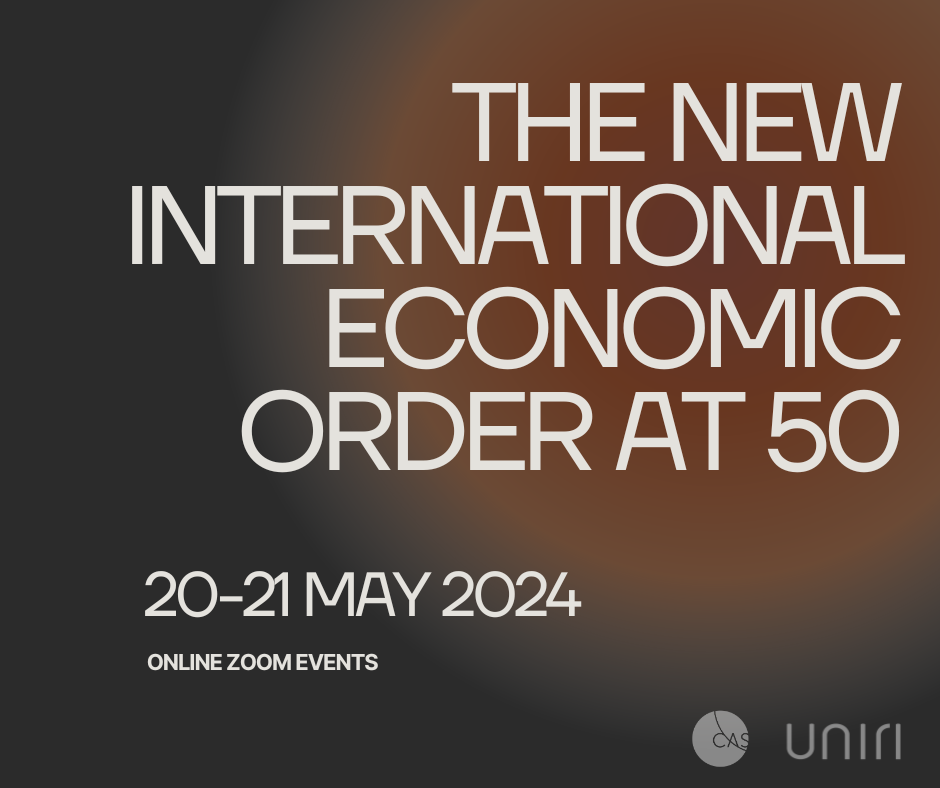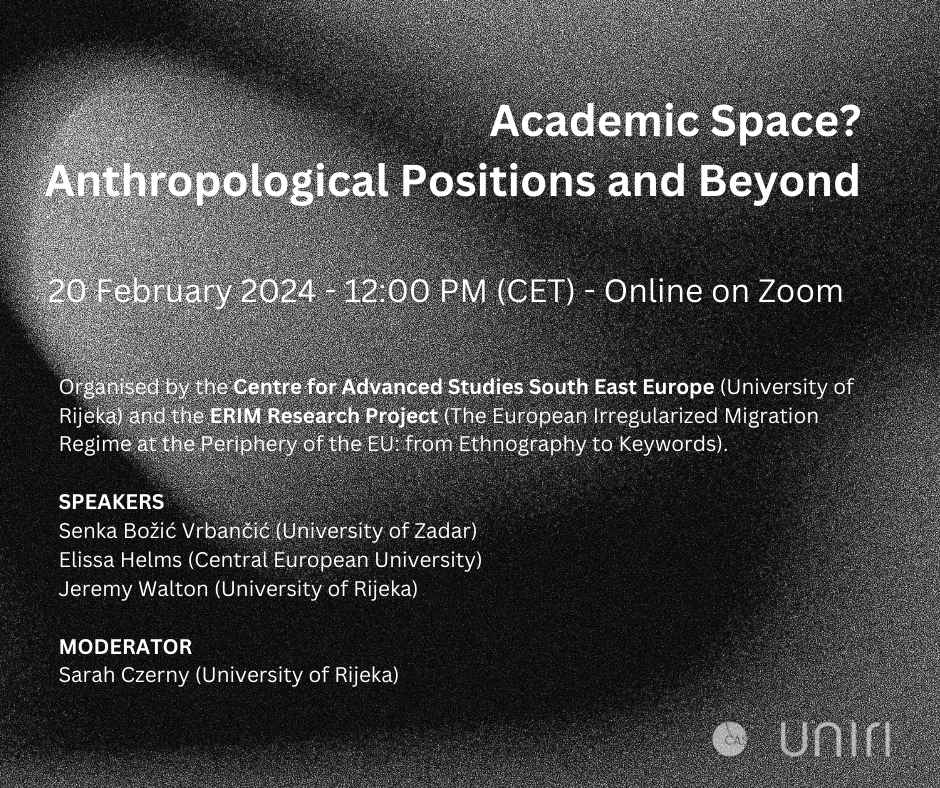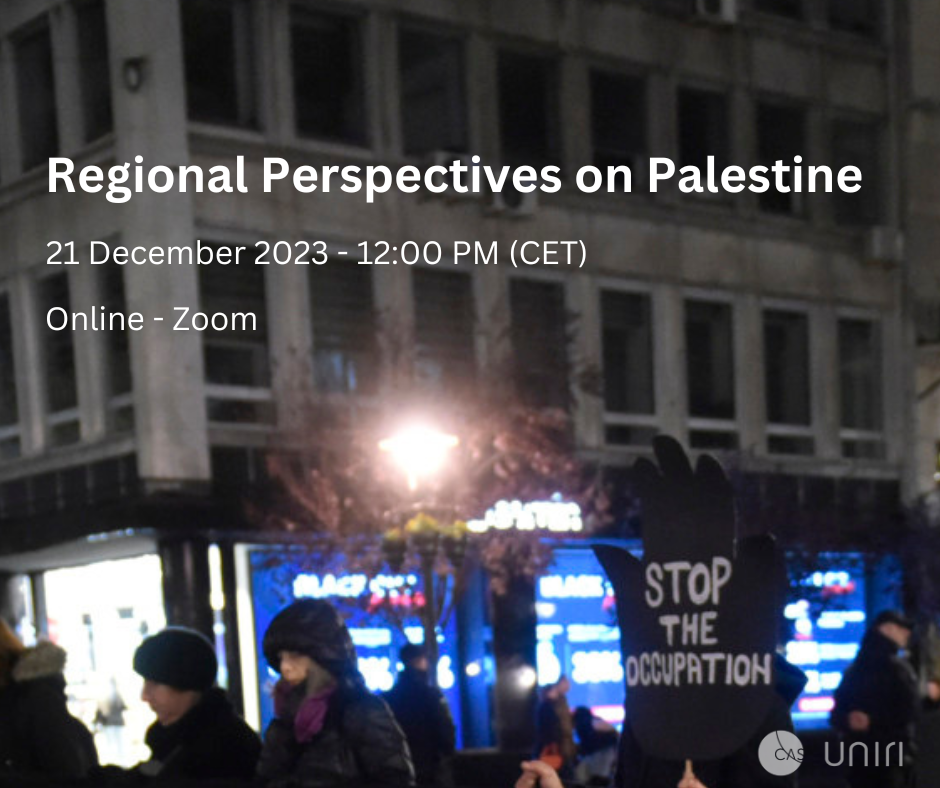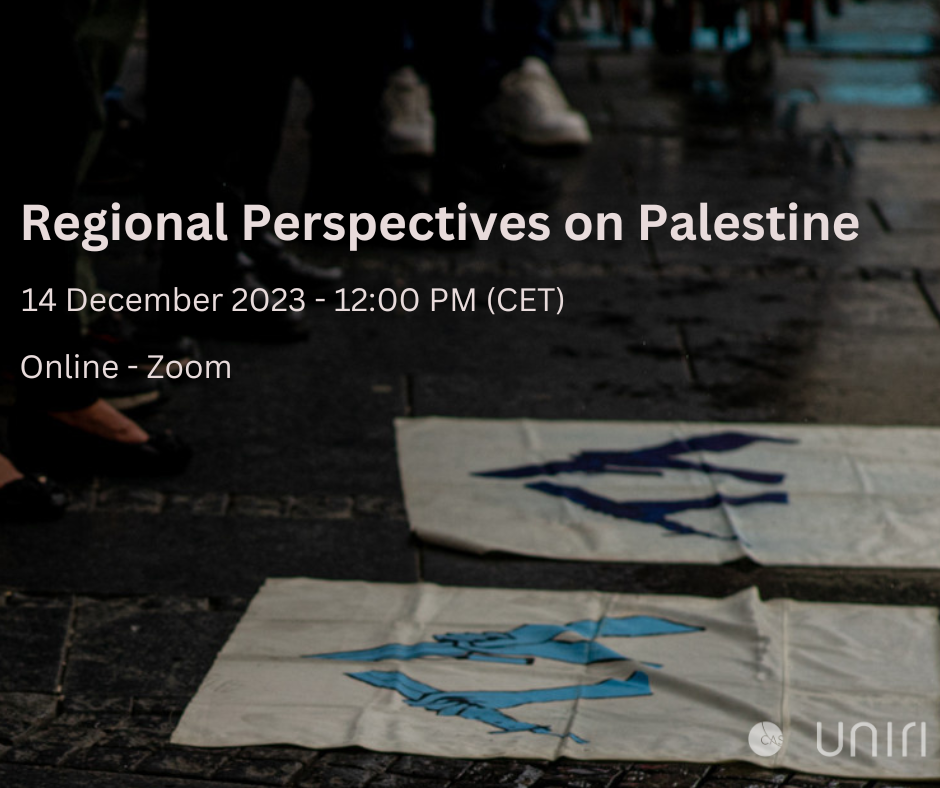From Armed Boots to Polished Suits: A Precarious Predicament for Peacebuilding and Democratization?
“One man’s terrorist is another man’s freedom fighter”
– Gerald Seymour, Harry’s Game, 1975
In many of contemporary intrastate conflicts, armed groups transit to politics when the conflict ends. For example, Shin Feinn in Northern Ireland, UCK in Kosovo, NLA in Macedonia, Communist in Nepal, Renamo in Mozambique, FMLN in El Salvador, just to name a few. This phenomenon is noted in peacebuilding literature; however, there are diverging views whether it is justified or not.
The “liberal peace” theory advocates that liberal norms, institutions and practices should be exported in conflict affected societies to build sustainable peace. External frameworks of understanding are seen as being superior to local ones, which need to be amended accordingly. From that perspective the inclusion of rebels is criticized because it can lead to a “war lord democracy”. The argument is that if dubious actors are able to influence the post-conflict agenda, then it can have negative consequences for peacebuilding in the long term. Others argue that peacebuilding has to rest on the “unique, social, cultural, economic, political and religious context of each country”. Studies find that if potential “peace spoilers” are included in peace processes, then they do not return to fight, but support peacebuilding. Policy approaches are pragmatic. For example, the US Department of Defense Strategic Guidance document (2012) proposes a modest approach to peacebuilding by supporting development of local institutions. Policy studies welcome inclusive peacebuilding and open leeway for inclusion of rebels, and put primacy to “’what works’ at the local level rather than ‘who ought to’ provide services”.
Couples of decades after the inter-ethnic conflicts in Southeast Europe, many of the war-time structures are politically active and relevant. For example, Ali Ahmeti and DUI in Macedonia, Hashim Thaci and PDK and Ramush Haradinaj and AAK in Kosovo, Vojislav Stanimirovic and SDSS in Croatia, and different actors and parties in Bosnia and Herzegovina. It is puzzling to see that parties from war-time networks dominate the minority competition in Croatia and Macedonia, and that such parties are among the main competitors in Bosnia and Herzegovina and Kosovo. However, it is unclear what consequences did their inclusion in politics had on peace-building and democratization? In the paper, I present tentative results from my field work done in Croatia, Macedonia, Bosnia and Herzegovina and Kosovo. I find that parties from war-time networks contributed to peace-building; however, they impeded democratization processes. For example, they utilized conflict’s symbolic legacies as symbolic capital and convert it into electoral capital. In addition, they support social practices to sustain their symbolic capital and contribute toward divergent understanding of the past conflict. These results point out to the dilemma whether inclusion of rebels in politics is morally justified. The ramifications of rebels’ inclusion in politics have implications for the moral culture in the society.




